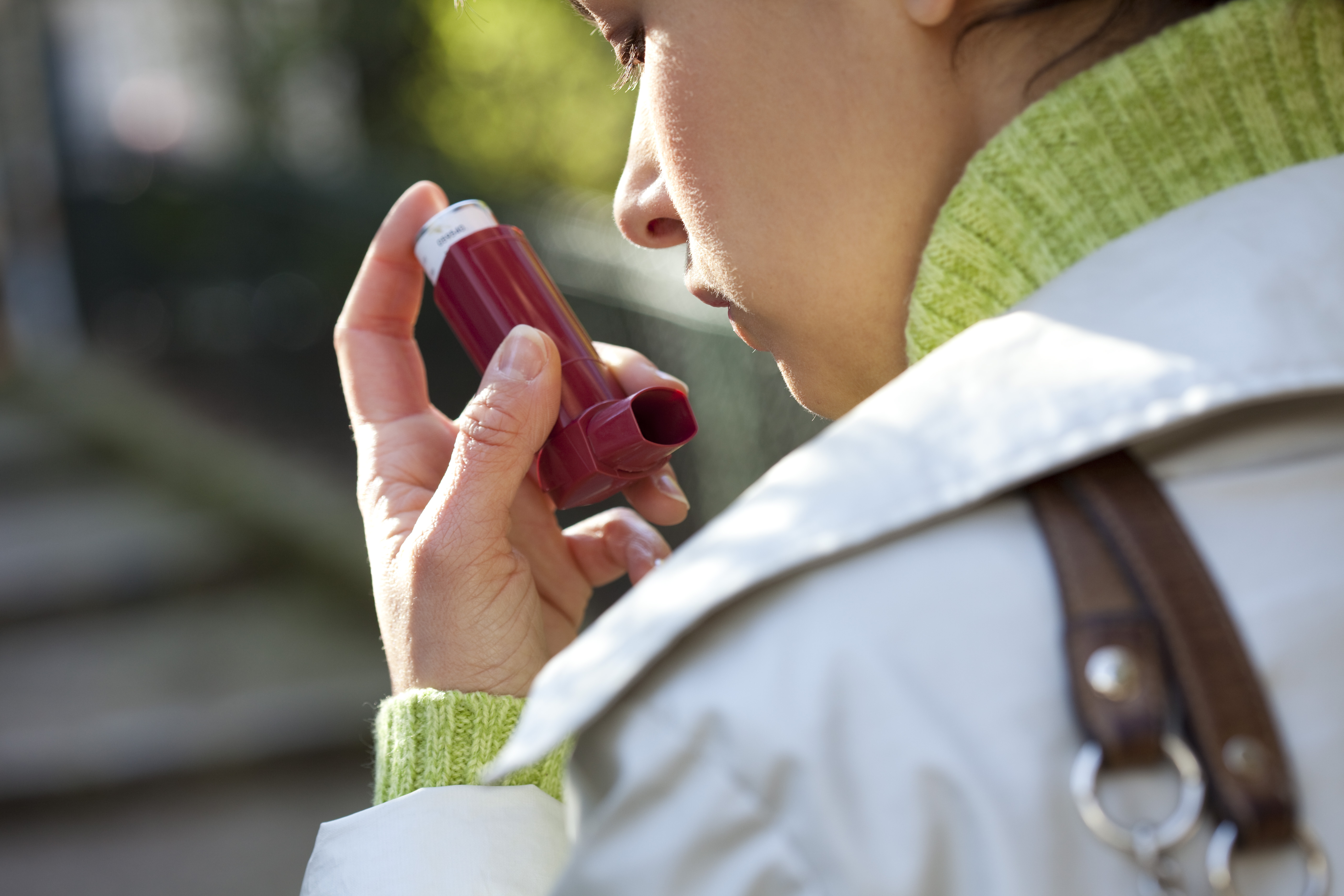Results from a recent study conducted by a research team at the Hasbro Children’s Hospital revealed an association between adverse childhood experiences and pediatric asthma. According to the study recently published in the Annals of Allergy, Asthma & Immunology, children who experience violence and substance abuse at home have higher rates of asthma.
Specifically, the study led by Robyn Wing, M.D., an emergency medicine physician, show that children who were exposed to an adverse childhood experience (ACE) were 28% more prone to asthma, and also that the rate of occurrence of asthma increased in children with additional ACE exposure. Based on the results, the researchers indicate that psychosocial factors may contribute to pediatric asthma.
“Asthma is one of the most common chronic childhood conditions, currently affecting 7 million, or 9.5 percent, of children in the U.S.,” said Wing in a recent news release. “The biological risk factors for asthma onset and severity, such as genetics, allergens, tobacco smoke, air pollution and respiratory infections, have been well established by previous studies. But, psychosocial factors, such as stress, which we know can be physically harmful, are now being examined as a risk factor for asthma in children.”
The research team assessed data from 92,472 children and young people from the 2011-2012 National Survey of Children’s Health. The main exposure was parent or guardian report of 6 ACE exposures (e.g., witnessing domestic violence).
Results revealed that overall asthma prevalence was 14.6% and that exposure prevalence to any ACE was 29.2%. A higher number of ACEs was linked to an increase in asthma development. Specifically, the likelihood of reporting asthma was 1.28 for those reporting 1 ACE, 1.73 for those reporting 4 ACEs, and 1.61 for those reporting 5 or 6 ACEs in comparison with those children who were not exposed to ACEs.
Interestingly, Hispanic children exposed to four ACEs exhibited a 4.46 times increase in lifetime asthma, whereas white children had 1.19 times increase in the likelihood of developing asthma in comparison to children who have not experienced ACEs.
“Psychosocial stressors activate the sympathetic nervous system, which controls our ‘fight or flight’ responses when we experience stressful situations,” said Wing in the news release. “Increased activity of this system releases cortisol, a stress hormone, which has been shown to affect the activity of immune cells. Occasional increases in these hormones are protective, but excessively high or prolonged exposures, such as those experienced by children exposed to ACEs, can be harmful.”
The researchers suggest that results from this study further underscore the complexity of asthma causes, and may enable clinicians to target better interventions. The team also mentioned that future studies should assess the link between ACEs and specific asthma-related health outcomes.
[adrotate group=”11″]
“Physicians taking care of children with asthma should take the time to ask about the child’s home situation,” said Wing. “For children experiencing stressors at home, encouraging efforts to increase the child’s capability of handling stressors, using methods such as individual or family therapy, may help target pediatric asthma.”
Wing concluded in the news release, “Stress should be viewed as a risk factor for asthma development and asthma exacerbations, much like tobacco smoke and dust mites. At the very least, clinicians can share with parents the impacts of ACEs on their child’s asthma, perhaps acting as a motivating factor for parents to remove or shield a child from a stressful home situation.”

